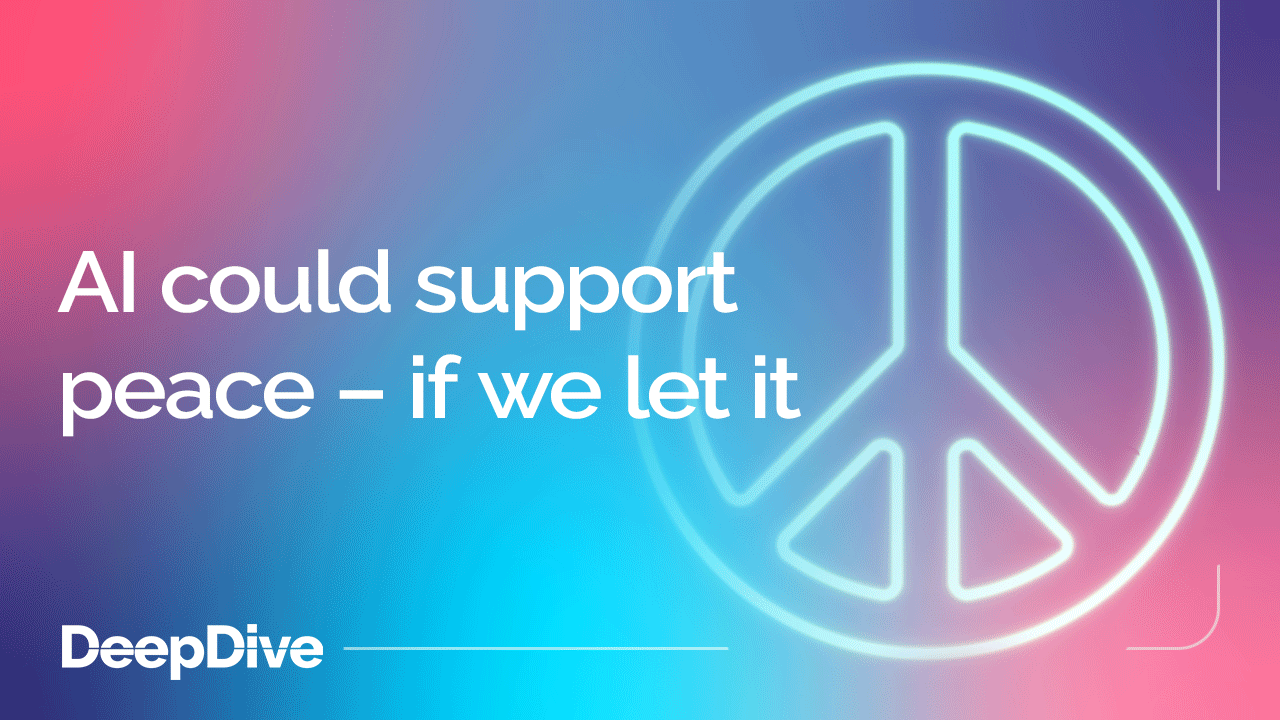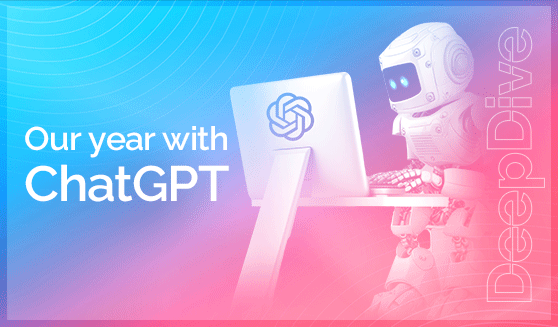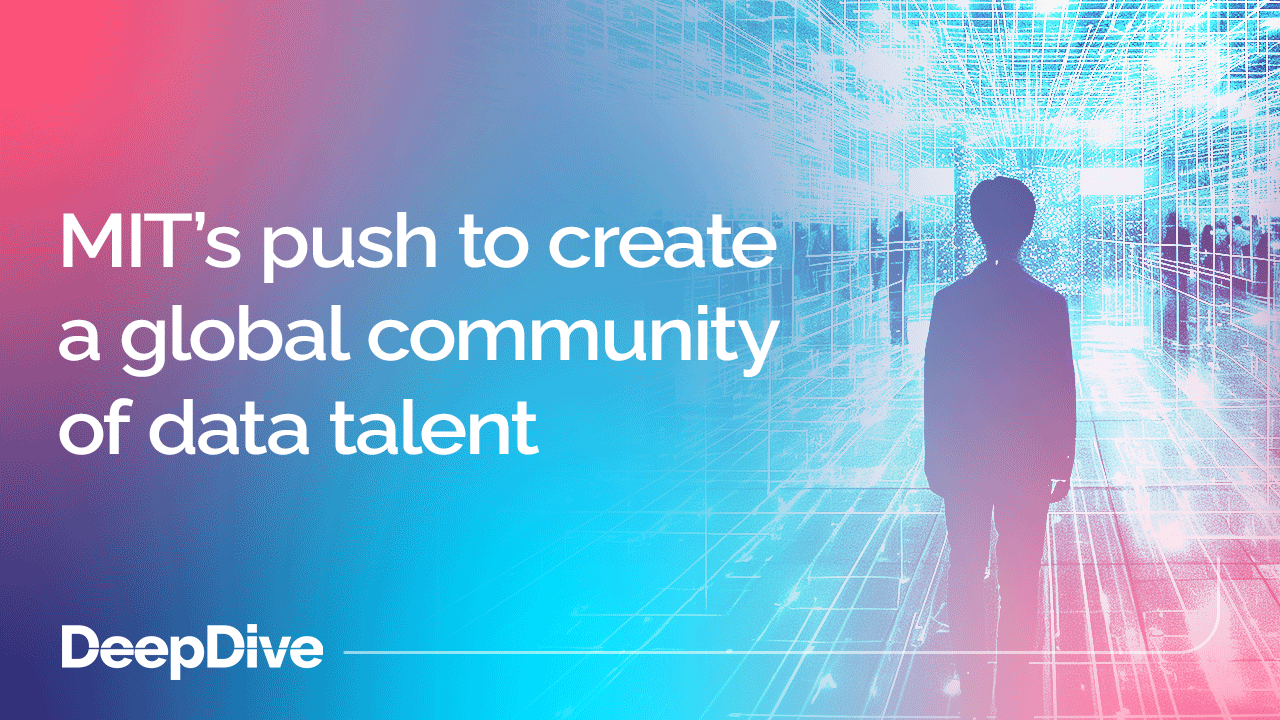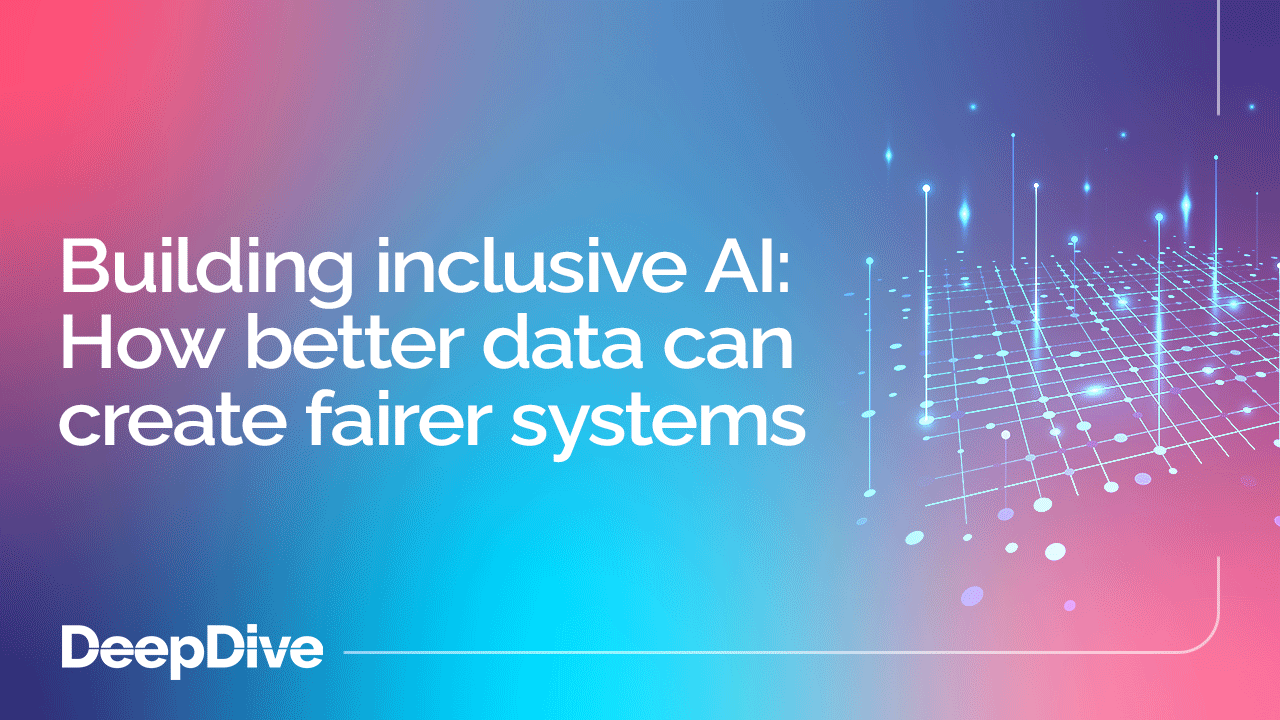

Our year with ChatGPT

Welcome to the 50 new deep divers who have joined us since last Wednesday. If you haven’t already, subscribe and join our community in receiving weekly AI insights, updates, and interviews with industry experts straight to your feed.
----------------------
DeepDive
Your weekly immersion in AI.
On November 30th 2022, ChatGPT was launched by San Francisco-based OpenAI. It arrived in our lives with a bang – and people had strong feelings about it.
Some people loved it right away, and set about using it for everything they could possibly think of. Others were less enthusiastic – approaching it with caution, or avoiding it altogether.
For the first time, AI was everywhere: all over the mainstream media, in day-to-day conversations, on open tabs on our web browsers at work; and even in our kitchens, helping us decide what to have for dinner.
But what about now? One year on, what are people using ChatGPT for – and has the novelty worn off?
With around 180.5 million users as of August 2023, it’s the biggest experiment in a global, collective exploration of AI we’ve ever seen.
It’s making things easier to understand
We’ve all been there. The work meeting where people speak more jargon than real words, and it’s hard to follow what’s really going on. Communications get even trickier when you add language barriers or different cultural etiquette into the mix – but work is most effective when everyone understands what’s happening and what’s expected of them.
People are using ChatGPT to help. It can translate jargon into simple language, or convert legal lexicon into conversational text. Users have even been using it to translate Gen Z slang. In this Reddit post, a user explained how they asked ChatGPT to translate the following sentence:
“Titanic, flexing as the unsinkable chonk, sets sail with mad swag, a boatload of peeps, and the vibes of a 1912 rave. Smooth sailing, ya feel?”
And people are using it to summarise complex information
Whether you’re tasked with reading a 200-page medical report, a YouTube video, or a new study on the potential development of use cases for AI, ChatGPT can speed up the process. It can take loads of information and identify the key points – providing you with a neat, easily digestible summary to work from.
It isn’t always amazing, though. The tool has been known to produce summaries that are longer than the original text – but that’s when the user’s skill as a prompt engineer comes in. Prompts such as “make it shorter” or “just tell me the most important points” can cut the chaff and help ChatGPT give you the core information.
Users must remain vigilant for errors, and do the fact-checking themselves. ChatGPT has been known to make up ‘facts’ to fill in gaps in information; and as it stands, the bot has no shame or remorse about creating new ‘truths’.
ChatGPT can help you be who you want to be (in emails, at least)
Do you ever wish your emails sounded friendlier? Or would you like to come across more assertive and direct?
People have been using ChatGPT to adjust the tone of their emails. This can be particularly helpful when you’re feeling stressed – the AI can help you turn an angry email into a kind one by adjusting your punctuation, sentence structure, and choice of words.
At home, it’s the best sous chef you never had
Every now and then we all wish we had someone in our kitchen telling us what to eat, what to cook, and what to buy at the grocery store to make sure we can enjoy nutritious, delicious meals every day.
And one year on, users are still making the most of ChatGPT’s ability to organise their culinary lives.
People use it to create recipes from ingredients they already have in their cupboards; come up with ideas for a meal plan that suits a predetermined weekly food budget; or get inspiration for dinner party menus.
As with anything you ask the AI to do, however, make sure you read the recipes with your human eyes before you get cooking. A YouTube channel called Bots and Pans has shared some of the weirder results from AI cooking advice – and it isn’t always tasty (or, err, edible).
What are you going to use generative AI for in 2024?
We’d love to know what you’ll be using ChatGPT (or other generative AI tools) for in 2024.
If you enjoyed this content and want to learn more about the latest in AI, subscribe to our YouTube channel, where we upload new videos every week featuring leading AI industry experts like Pascal Bornet (Chief Data Officer, Aera Technology), Cassie Kozyrkov (Chief Decision Scientist, Google), Betsy Greytok (Vice President, Ethics amp; Policy, IBM) and more at #DeepFest23. You can also register for DeepFest 2024.



Building inclusive AI: How better data can create fairer systems
Moving towards tech that works for everyone
Related
articles



Building inclusive AI: How better data can create fairer systems
Moving towards tech that works for everyone
